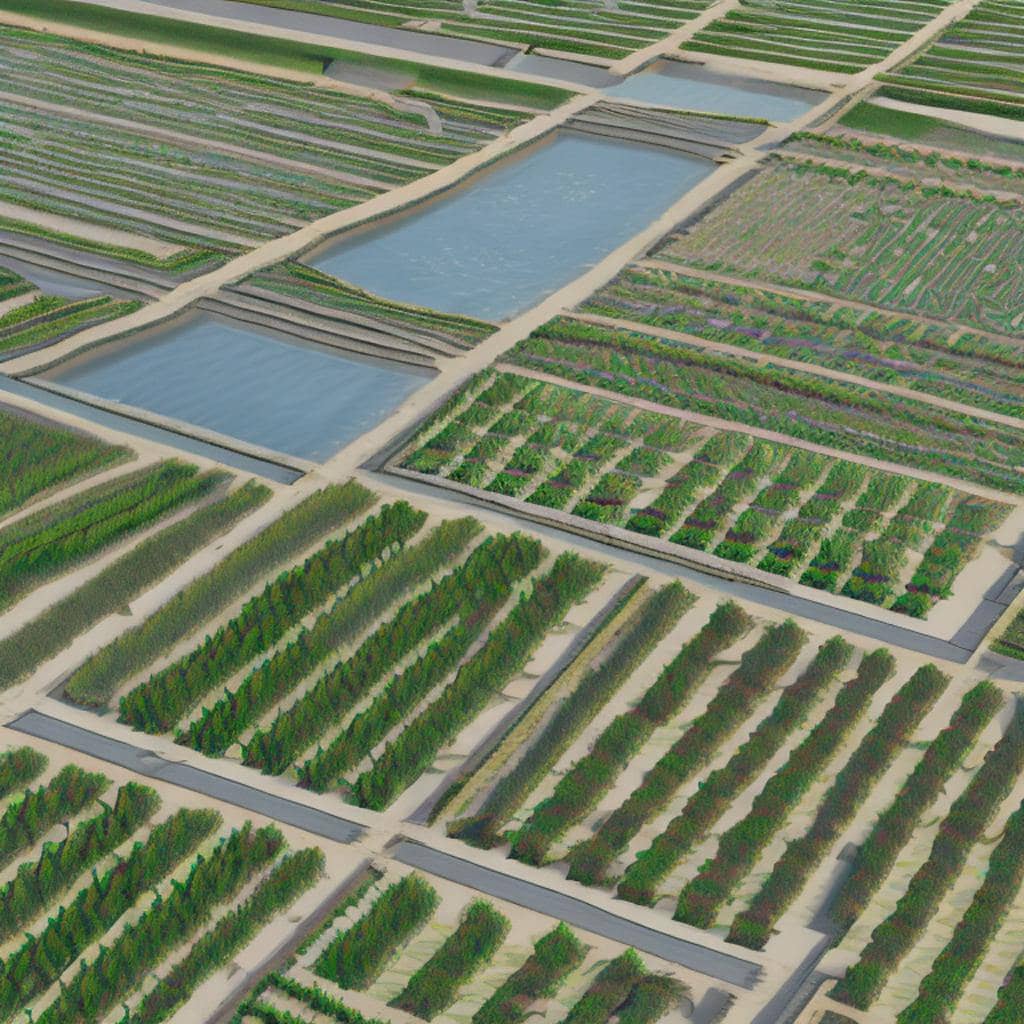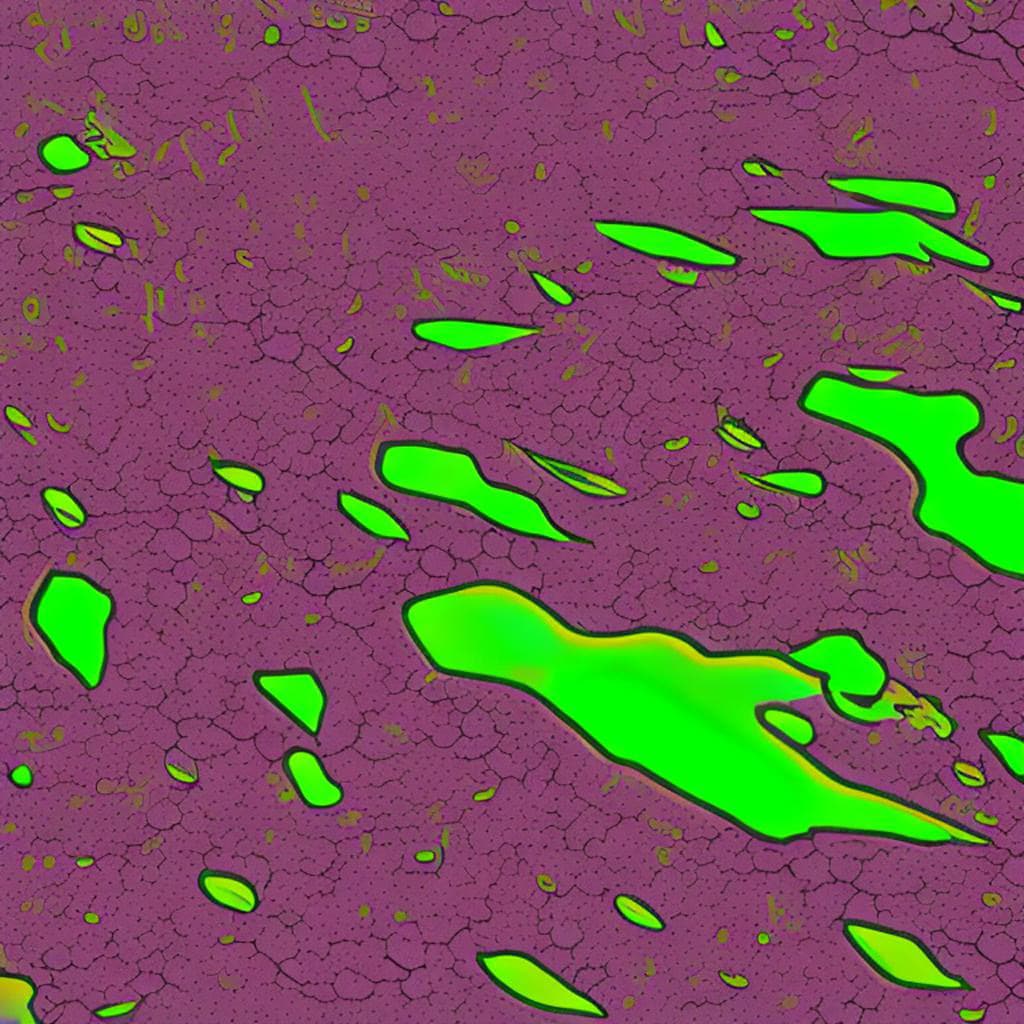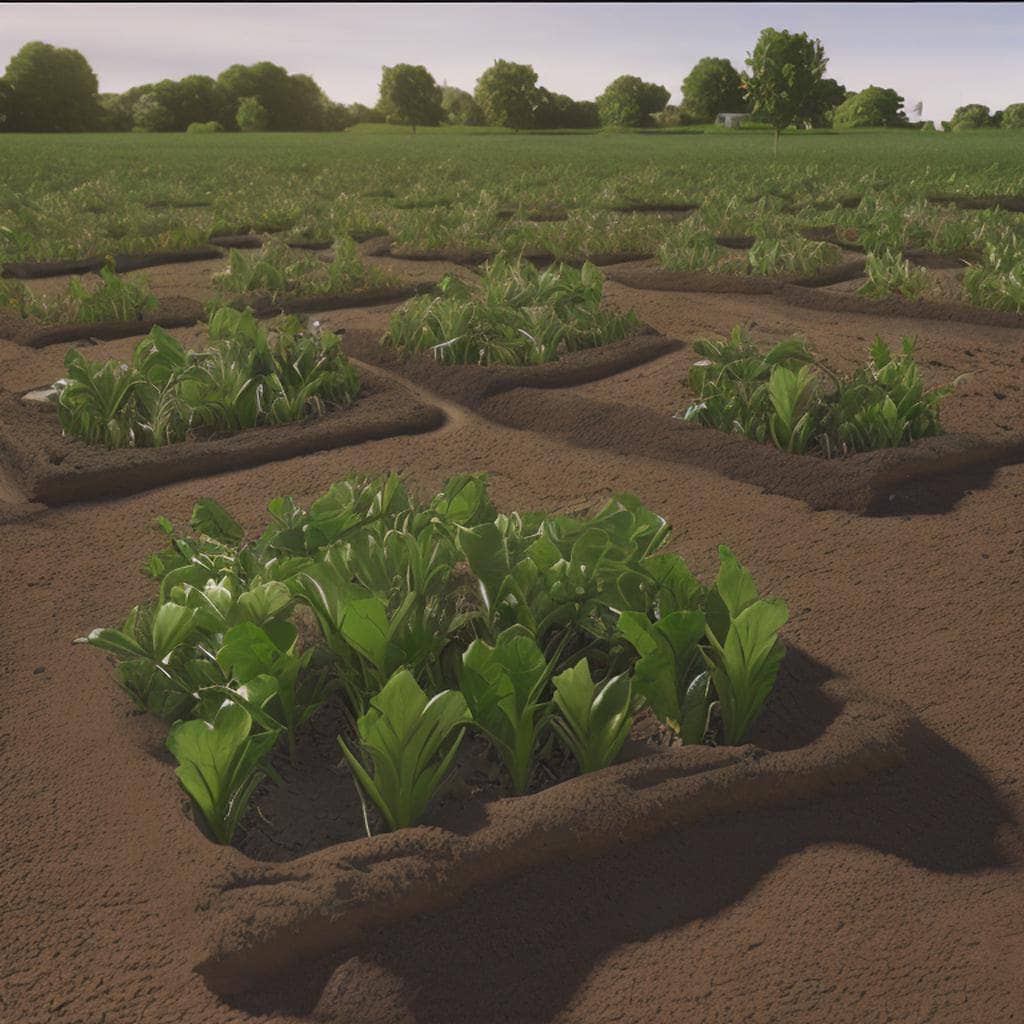
Water and water management
Water is a critical component of sustainable agriculture and is essential for maintaining healthy soil, producing nutritious crops, and supporting ecosystems. AI can play an important role in managing water resources more efficiently and sustainably. Here are a few examples of how AI can be used to assist with water management in agriculture:
- Soil Moisture Monitoring: AI-powered sensors can be placed in the soil to monitor soil moisture levels, allowing farmers to make informed decisions about when and how much to irrigate their crops. These sensors can send data to a cloud-based system, where it can be analyzed and used to inform decisions about irrigation practices.
- Irrigation Optimization: AI can be used to optimize irrigation practices by analyzing soil and weather data to determine the optimal amount and timing of irrigation. This can help reduce water waste and improve crop yields.
- Crop Water Stress Detection: AI can be used to detect crop water stress by analyzing satellite data and other remote sensing data. This can help farmers identify areas of the farm that require additional water, allowing them to target irrigation more efficiently and sustainably.
- Water Quality Monitoring: AI can be used to monitor water quality by analyzing data from sensors and other sources. This can help farmers identify areas of the farm that may be impacted by pollutants or other contaminants, allowing them to take action to protect water quality and prevent contamination.
- Precision Farming: AI can be used to create precision maps of water availability and usage across a farm, allowing farmers to identify areas of the farm that require different water management practices. This can help reduce over-irrigation and water waste, which can save water, reduce runoff, and improve soil and water quality.
Tools for AI-Assisted Water Management:
- Soil Sensors: AI-powered soil sensors can be used to monitor soil moisture levels, allowing farmers to make informed decisions about when and how much to irrigate their crops.
- Satellite and Remote Sensing Data: AI can analyze satellite and other remote sensing data to detect crop water stress and monitor water quality.
- Cloud-Based Systems: AI-powered cloud-based systems can be used to store and analyze water data, allowing farmers to make more informed decisions about water management practices.
- Machine Learning Algorithms: Machine learning algorithms can be used to analyze soil and weather data to optimize irrigation practices and detect crop water stress.
- Mobile Apps: Mobile apps can be used to access water data and analysis on the go, allowing farmers to make informed decisions in real-time.
AI has the potential to revolutionize water management in agriculture by providing real-time data and analysis of water conditions. By using AI-powered tools, farmers can make more informed decisions about water management practices, leading to more sustainable use of water resources, healthier soil, and healthier crops.
Water levels GPT
Predicts water levels using historical data and forecasts
Predicts water levels with ethical caution
Shop tip
Water and water management On Amazon
Thank you for reading, comments and shares!
Heads up! If you’re looking to join Wealthy Affiliate, make sure you sign up using my referral link to get access to my personal coaching and all WA features."







